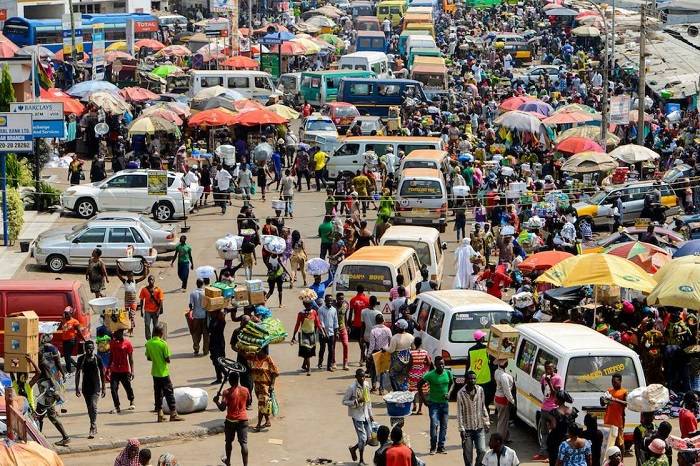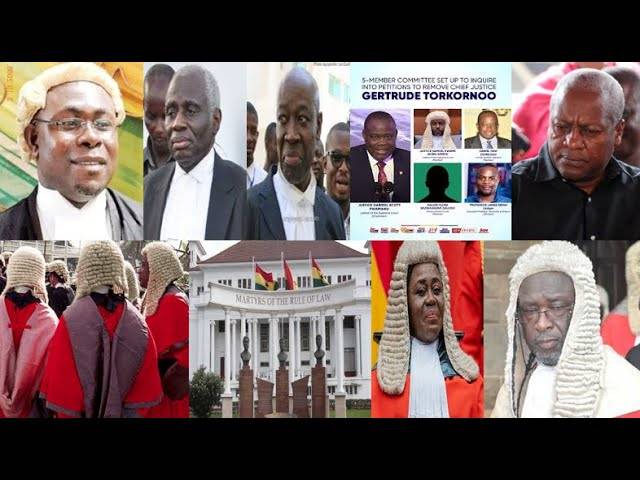The Member of Parliament for Upper Manya Krobo, Bismark Tetteh Nyarko, has reiterated the importance of adhering to the constitutional provisions regarding the removal process of the Chief Justice. According to him, the probe into petitions against the suspended Chief Justice should be conducted in camera, as stipulated in the 1992 Constitution. This stance is in direct response to the demands of the opposition New Patriotic Party (NPP) that the probe be made public.
The 1992 Constitution of Ghana is unequivocal on the procedure for removing the Chief Justice. Article 146(7) explicitly states that the proceedings of the committee investigating the Chief Justice shall be held in camera. This provision is not without reason. The framers of the constitution recognized the sensitive nature of such proceedings and the potential security implications of making them public.
Conducting the probe in camera protects the dignity of the office of the Chief Justice and prevents unnecessary polarization of the judiciary. It also shields the process from external influences and pressures that could compromise the integrity of the investigation. Moreover, in-camera proceedings prevent sensitive information that may be discussed during the probe from being exploited for malicious purposes.
The NPP's demand for the probe to be made public raises questions about their motives. Could it be that the Chief Justice has been a thorn in the flesh of the NPP, and they are now seeking to use the probe as a platform to settle scores? It is no secret that the judiciary has been a critical check on the powers of the executive and legislature, and the NPP's actions suggest a desire to undermine this check.
The independence of the judiciary is a cornerstone of democracy, and the in-camera probe ensures that this independence is protected. By conducting the probe in accordance with the constitutional provisions, we can ensure that the process is fair, impartial, and not subject to external manipulation.
The MP for Upper Manya Krobo's stance on the matter is clear: the constitution must be respected. Any deviation from the prescribed procedure would be unwarranted and potentially destabilizing. The President and the committee investigating the Chief Justice must follow the constitution's directives, and the probe should be conducted in camera.
The report that the spouse of the suspended Chief Justice had requested to be present during the hearings is surprising, to say the least. While the spouse may have a legitimate interest in the proceedings, the constitution's provision for in-camera proceedings takes precedence. The committee must prioritize the integrity of the process over any individual's request.
In conclusion, the probe into the petitions against the Chief Justice should be conducted in camera, as stipulated in the 1992 Constitution. The security reasons behind this provision are compelling, and the NPP's demands for transparency seem motivated by ulterior motives. By upholding the constitution, we can ensure that the judiciary's independence is protected and the rule of law is preserved.




No comments yet
Be the first to share your thoughts!